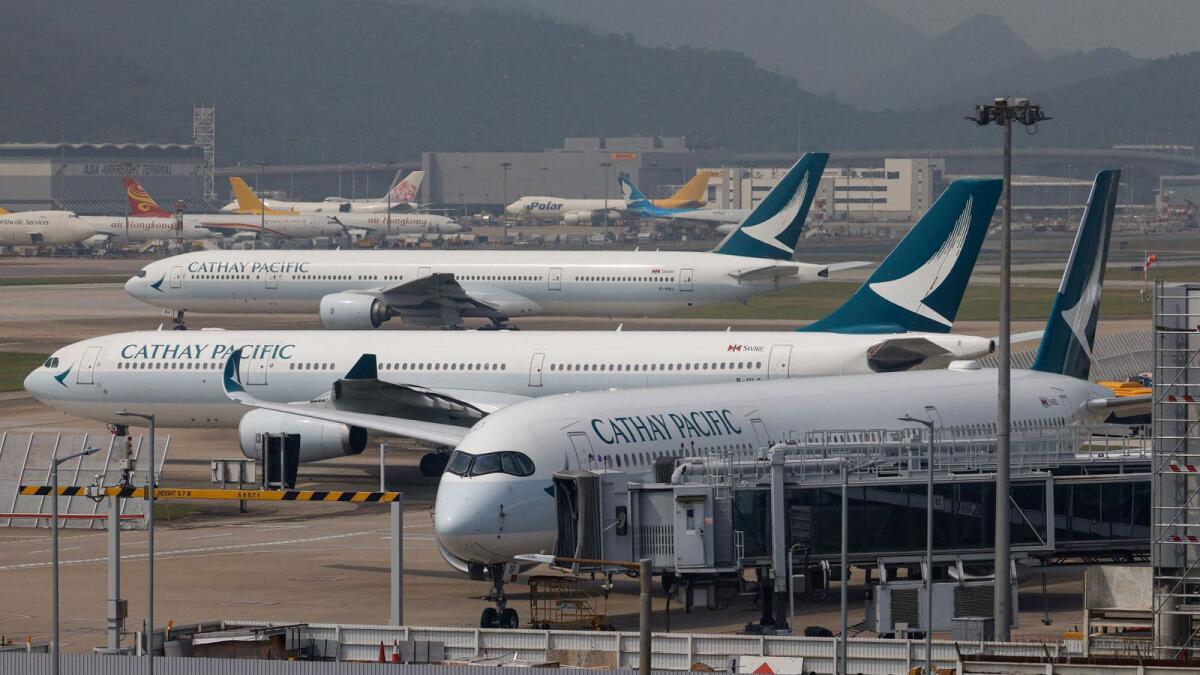The recent in-flight engine failure experienced by a Cathay Pacific Airbus A350 aircraft has prompted the airline to inspect its entire A350 fleet for similar issues. After inspection, 15 aircraft were found to have components in need of replacement, resulting in the cancellation of at least 34 round-trip flights. While Cathay Pacific has begun repairs on the affected planes, other airlines operating A350 aircraft, such as Japan Airlines, have not yet been issued directives to conduct similar inspections.
Despite the incident, data from flight tracking services showed that other major A350 operators were flying their planes normally. Rolls-Royce, the engine manufacturer, has not issued any specific directives to airlines regarding possible inspections, but Cathay Pacific has already secured spare parts for the engine components that need replacement. The airline stated that the replacement process could take place while the engine remains on-wing and that they are working closely with Rolls-Royce, Airbus, and authorities investigating the incident.
While Cathay Pacific has not disclosed the specific engine component that failed, sources familiar with the matter mentioned a fuel nozzle inside a Rolls-Royce XWB-97 engine, which is used in the A350-1000 model. Experts noted that such engine problems are rare and generally less concerning than the failure of major rotating parts. Airbus is providing technical support to assist Rolls-Royce and Cathay Pacific in resolving the issue.
Taiwan’s China Airlines, a major A350-900 operator, stated that its fleet does not use the affected engines and therefore its operations will not be impacted by the recent incidents. Cathay Pacific, on the other hand, is inspecting both its A350-1000 and A350-900 fleets as a precautionary measure. The airline has identified similar engine components in need of replacement on some of its A350-900 aircraft but has not disclosed specific details.
As a result of the engine issue, Cathay Pacific shares experienced a slight decline, and the airline had to cancel flights to various destinations. While the top A350-1000 operators worldwide, such as Qatar Airways, British Airways, and Virgin Atlantic, did not immediately respond to inquiries, the industry is closely monitoring the situation. With around 88 A350-1000 jets in operation globally, airlines and manufacturers are prioritizing safety and ensuring proper maintenance procedures to avoid future disruptions.








